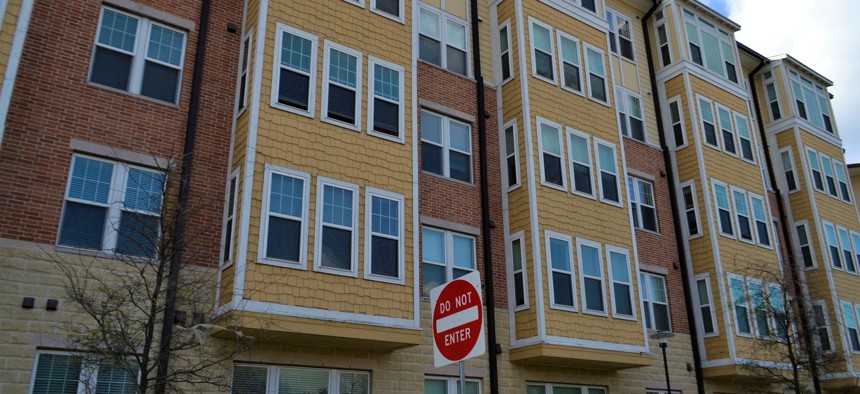Policy
HUD offering cities help to add housing near public transit
Meantime in Florida, lawmakers are considering a 'Live Local Act' to boost affordable housing.

Image by F. Muhammad from Pixabay
Local governments can now get a helping hand as they try to add housing near new transit stops and other transportation improvements, thanks to a program launched by the Department of Housing and Urban Development last week.
The federal agency is offering $5 million worth of help to communities with the effort, as part of the rollout of the 2021 infrastructure law. HUD officials expect the money will be enough to support 30 to 35 cities in its first yearly allotment, although they hope to use the experiences from those initial participants to educate people from other jurisdictions later.
In a related effort, a priority of Florida Senate President Kathleen Passidomo to make housing more affordable for workers was overhauled Monday after advocates and others voiced concerns about some of the details.
The 'Live Local Act' (SB 102), as originally filed, would provide incentives for private investment in affordable housing; preempt local government rules on zoning, density and building height in certain circumstances; encourage mixed-use development in struggling commercial areas and bar local rent controls.
A 95-page strike-all amendment was filed by bill sponsor Alexis Calatayud, a Miami Republican, which among other things ensures that "projects must provide a number of multifamily rental units (that) exceeds the number of units in the largest multifamily project within 30 miles by 50%." But critics said the bill's rewrite didn't do enough to ensure reasonable rents.
Thriving Communities program aims to revive struggling neighborhoods
The technical assistance from the feds is part of the Biden administration’s Thriving Communities effort, which involves contributions from eight federal agencies, to revive economically distressed areas that have faced historical disinvestment.
The Transportation Department, for example, is helping underserved communities apply for grants created by the infrastructure law.
The housing agency, on the other hand, is helping local governments add housing at the same time they are improving their transportation options, such as adding light rail, extending bike paths or revitalizing a rural main street. The goal is to make sure that people and businesses already in those disadvantaged areas benefit from the improvements.
HUD is offering assistance with four issues:
- Identifying vacant land near transportation projects that can be used to build housing.
- Preserving affordable housing.
- Streamlining the regulatory process for building new housing.
- Improving coordination among government agencies on housing production.
“Infrastructure fundamentally exists to provide connections, and someone’s home is typically the starting point or the end point for where they’re coming from or trying to get to,” said Aaron Shroyer, the special adviser to the assistant secretary for policy development and research at HUD.
Applications will be accepted on a rolling basis, but Shroyer encouraged local jurisdictions to apply quickly because he expects the demand will be high. The formal criteria favors jurisdictions with fewer than 250,000 people. Shroyer said HUD officials will also be looking for local governments that are already working well with other metropolitan planning organizations, public housing agencies and transit providers.
The local governments that HUD selects will receive help from one of two consortiums of experts that HUD picked for the job. One is led by Abt Associates, which is partnering with Alabama A&M University, EPR PC, Equitable Cities and National Housing Trust. The other is led by ICF, which is working with Smart Growth America, Partnership for Southern Equity and Morgan State University.
The News Service of Florida contributed. Daniel C. Vock is a Washington, D.C.-based senior reporter for Route Fifty, where this story was first published.
NEXT STORY: Explainer: How the state of Florida prepares for an execution
